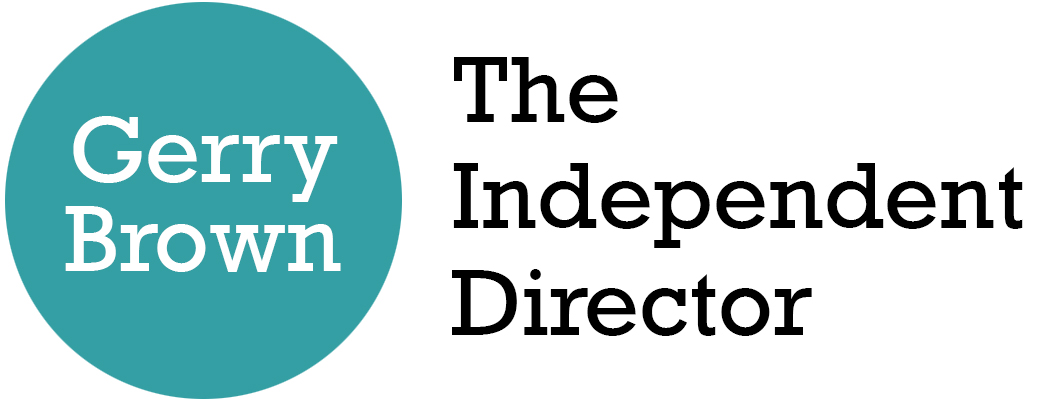
8 NED best practice steps for BBC Unitary Board proposals (that also protect the future independence of the BBC)
The recently published government White Paper proposal of a Unitary Board for the BBC provides a clear and present danger for the future independence of public broadcasting in this country according to Gerry Brown a leading expert on the appointment, role and function of non-executive directorships.
The White paper proposal is that 6 members of the new BBC Unitary Board - including the chair and deputy chair - should be public appointees of the government; while the remaining (up to) 8 members are appointed by the BBC.
Gerry Brown comments, “The crucial importance of the need for genuine and real independence in board decision making, governance, strategy formulation and operations is a requirement for any business and should brook no dispute anywhere, let alone at our national broadcaster. From a strategic, governance, supervision and value creation point of view, this should be self-evident and require no debate. Setting aside strictly business considerations, one only has to look at countries around the world who suffer in their public life and their standards of democracy from state interference in broadcasting and media.”
“Even more damningly, many recent business scandals at companies, charities, banks and public bodies - there are too many to list here, we all have our unfavourites - often stem from board ineffectiveness and insufficient independence on the part of the Directors of these organisations. Such dangers are very real and apparent of this proposed expansion of the government influence – via the Unitary Board - over the affairs of the BBC.”
Brown continues, “The governments explanation for its proposal to appoint so many Board Members - that public expenditure is involved – comes across as both lame and selective since this is not a model they suggest or apply elsewhere." Additionally, there are question marks over the appointment of the BBC Trust chair to head the new body – a Financial Times editorial notes, ‘Her leadership of the Trust was tarnished by her inability to stand up to the Treasury when it demanded that the BBC fund free licenses for those over 75…[while] the corporation faces real cuts to its budget of some 10 per cent’.
So what steps can be taken to avoid this self-inflicted disaster? Irrespective of whether these proposals are viewed as brilliant, necessary or a blunder, Gerry Brown suggests the following 8 best practice steps of non-executive director appointment best practice must be applied:
1. The appointment of the Chairman and Board Members should be the result of a public and open appointments process (NOT faithful party political servants)
2. There should be a good balance in these appointments between expertise in broadcasting and other board requirements (for example, strategy, risk management, global expertise, financial control)
3. A very diverse board should be appointed especially in terms of race and gender
4. The appointment of individuals with a strong track record of independence is crucial
5. The appointments should be for a fixed period (of 5 years) without re-selection
6. There should be a proper process and criteria for the evaluation of the performance of the Board and its members prior to their first meeting
7. In addition to the normal Board Committees of Audit, Remuneration and Nomination - a Quality Committee should be appointed to oversee issues such as allegations of political bias, news programme standards, programme making diversity etc.
8. The best search firm in the country – not the government - should oversee the entire process
For more information, article requests, extracts, review copies or interviews, please contact Jeff Scott, Publicist at Platypus PR on (01273) 692215 or email jeff@platypuspr.com
